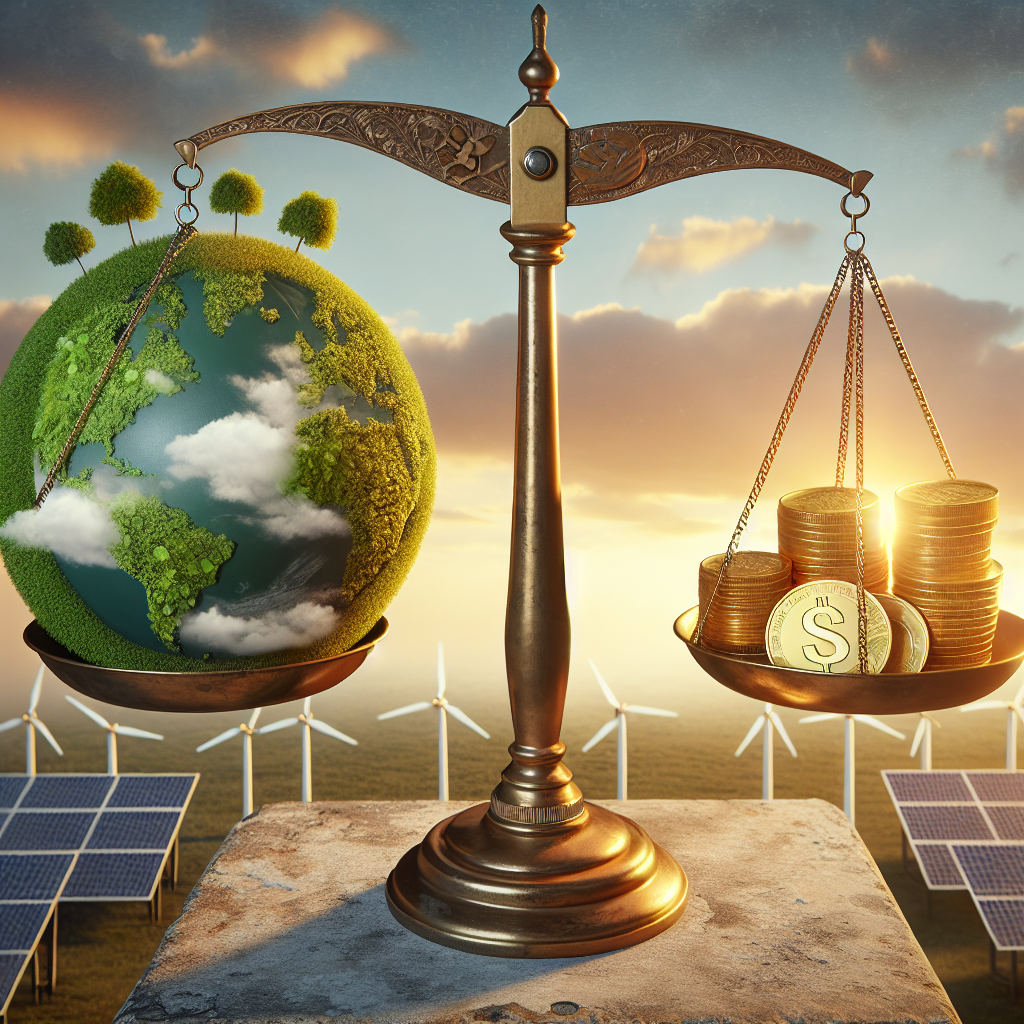EU's New Approach: Voluntary Climate Finance Contributions
The EU is urging wealthy, high-emitting developing nations to make voluntary contributions to climate finance without altering existing classifications of countries. This move is part of facilitated negotiations at UN climate talks, emphasizing the urgency of securing USD 1.3 trillion annually for climate adaptation and emission reductions.

- Country:
- Azerbaijan
The European Union has shifted its stance by encouraging "wealthier high-emitting" developing nations to voluntarily contribute to climate finance, a move aimed at breaking the deadlock in UN climate negotiations. The EU maintains its commitments while seeking a mid-ground solution without redefining traditional country classifications.
Developing countries insist on prioritizing climate finance discussions. The summit host, Azerbaijan, alongside UN climate leaders, has urged nations to focus on achieving consensus on finance strategies to help developing countries tackle climate challenges, needing at least USD 1.3 trillion yearly.
The proposal, however, faces resistance from countries that see it as a diversion of responsibility from historic high emitters. EU Climate Action Commissioner Wopke Hoekstra offered a middle ground, suggesting voluntary contributions which affirm the responsibility to counter climate change based on nations' affluence and emissions.
(With inputs from agencies.)
ALSO READ
NZ Unveils Second Emissions Reduction Plan to Meet Net Zero by 2050
Global Tourism Emissions Surge: Top 20 Countries Lead the Charge
India Launches Landmark Green Steel Taxonomy to Cut Emissions
Canada Sets Bold 2035 Emissions Target Amid Climate and Political Uncertainty
Government Introduces Standardized Farm Emissions Measurement Tool










